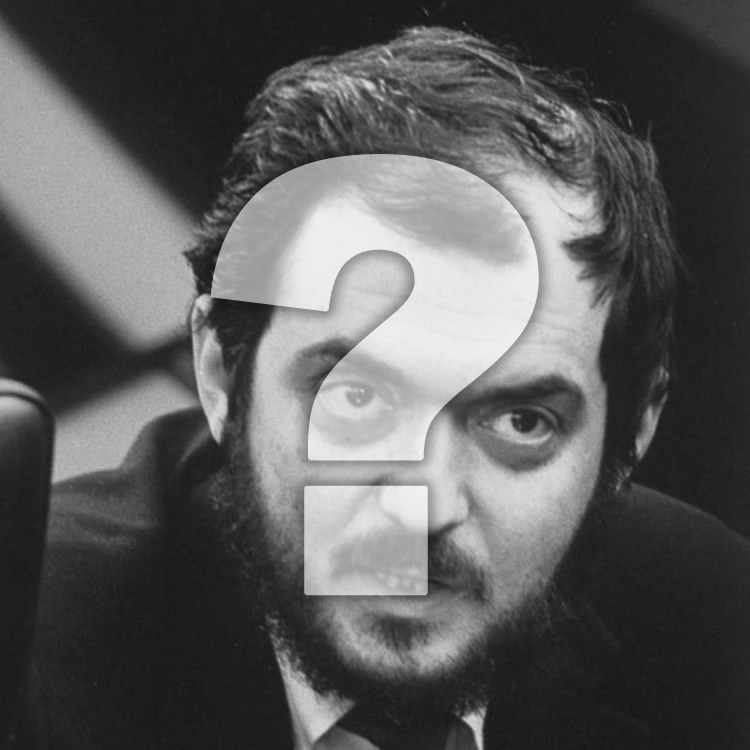 I have spent many a good hour arguing both for and against how good this director was.
I have spent many a good hour arguing both for and against how good this director was.
When Stanley Kubrick worked, he took his time to research to a minuscule degree. An example of this giving a photographer the task of photographing a street. As this was Kubrick, it wasn’t as simple as walking down the road clicking every couple of feet! No. The photographer had to take each image at a particular height. I think this was 10 feet off the ground so there wasn’t. any parallax problems. So after a day of taking photographs every few feet the photographer had a perfect, level, street. I don’t know of it was ever used but it exists in Kubrick’s archive.
What I was going to talk about after that aside is what Kubrick made were just glorified “road movies“. Just one long journey from point A to point B. The best examples are either 2001: A Space Odyssey or Full Metal Jacket.
I’m sure he would have used phases like “It’s a journey that the character makes. Growing throughout the movie“. I call this out as pretensions bollox! Some are more subtle than the two mentioned above. Dr. Strangelove or: How I Learned to Stop Worrying and Love the Bomb is one. It’s a journey from peacetime to, accidental, armageddon from the viewpoint of many different characters. Major Kong and his crew are the people who drive the road movie along.
A Clockwork Orange is more of the Pretensions Bollox type. This is more of a journey of a character, as well as a physical one, from yob to rehabilitation. Even so the character travels from place to place. Be that of the Milk Bar at the beginning via the record show and his apartment that he shares with his parents to his final fall and eventual “salvation”.
If you don’t believe me then get out a Kubrick film and watch it. You will be amazed at, in part, lack of imagination. It maybe because when he was a huge name coming off the back of films like Spartacus and Paths Of Glory – a film that he wrote – he picked and chose his projects. It does seem that he picked them that fitted with is very liner narrative style of “the journey“.
This started to be very noticeable early on in his career. Paths of Glory. The first film he wrote the screenplay for. Even more noticeable is the film he directed after that. The 1960 classic, Spartacus. I’m not sure that you can get more of a road movie that that. From slave to martyr in a bum numbing 3 hours!
I can’t finish this without mentioning his last film, Eyes Wide Shut. Mixed reviews from critics and the public alike. Years shooting. (400 days of constant shooting – a world records that probably won’t be beaten) and, for Kubrick, a short production life of “only” five years. Compare that to Iron Man 3 that went from inception to screen in two. The latter having a huge amount of special effects – yes you can say that this is because that sort of this is easier and less expensive to do nowadays but 6 years for what is basically quite a dull movie.











